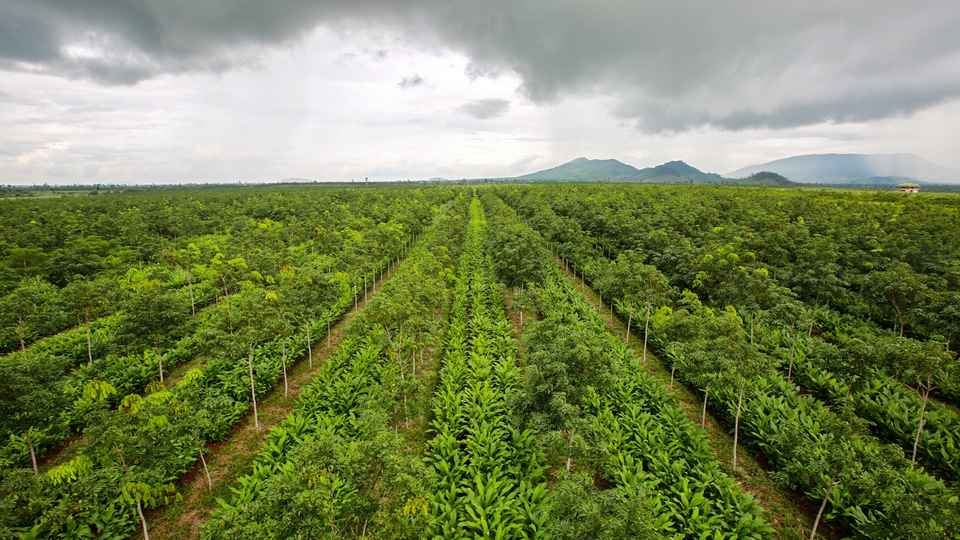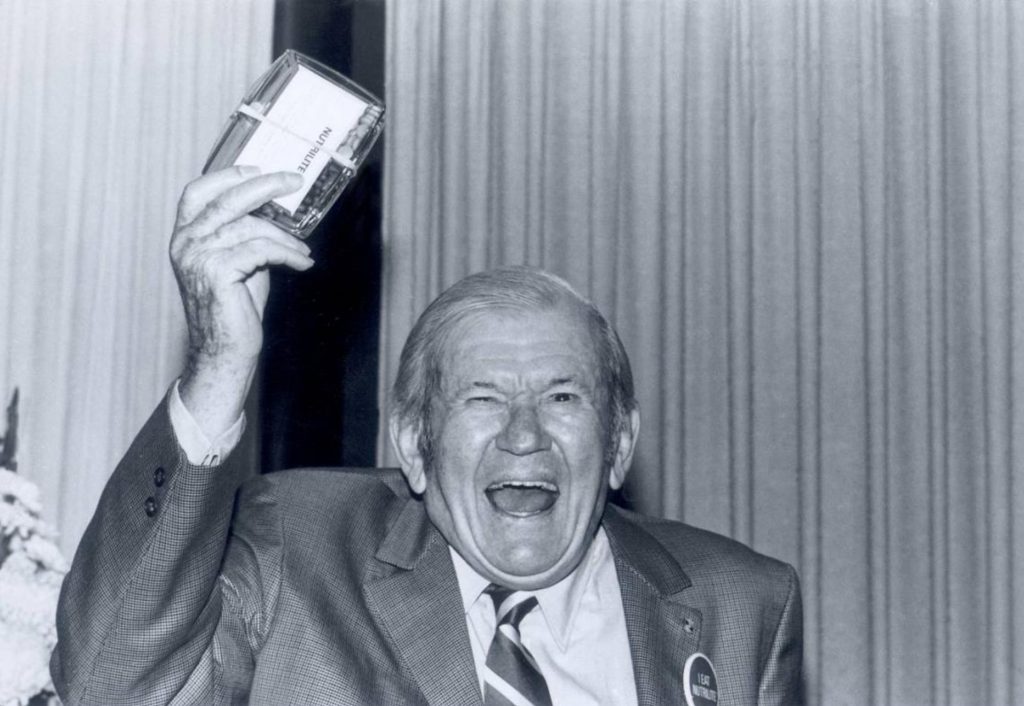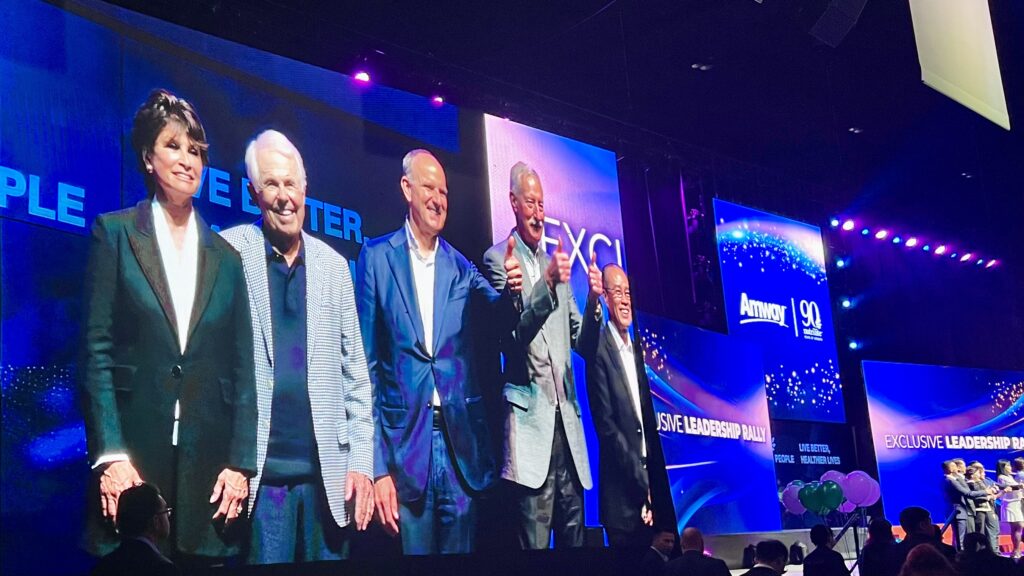Last month I was in Michigan to attend an Amway Scientific Advisory Group meeting. I joined a robust conversation with cross-sections of Amway scientists, brand marketers and, most importantly, distinguished scientists from outside of our company who represent current thought leadership in nutrition research and discovery.
Their ideas and work help guide Amway as we continue transforming into a Health and Wellbeing company. Frankly, it’s rare that you have that much high-level scientific leadership expertise gathered in one space to present their findings.
It was a pleasure to be included.
Meet Scientific Advisory Group Member, Emily Ho, Ph.D.
One of the newest members of the Scientific Advisory Group is Emily Ho, Ph.D. who is the Director of the Linus Pauling Institute and professor in the College of Public Health and Human Sciences at Oregon State University.
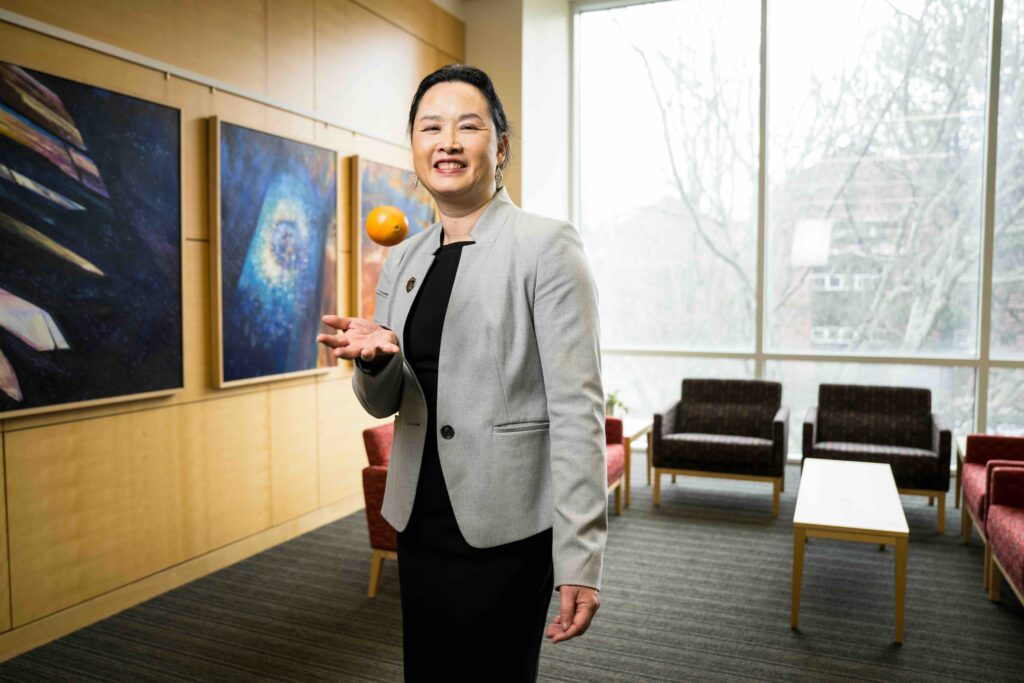
I was personally intrigued by her presentation at the meeting about micronutrients and optimal health, so I reached out to learn more about her research focus and daily work.
She has studied micronutrients in depth, with a deeper focus on zinc and sulforaphane, which is a plant compound found in cruciferous vegetables like broccoli, kale and cauliflower. She understands the importance of vitamins and minerals and the role they play helping us take a proactive approach to our health.
Everyone Deserves to be Healthy
I wanted to get Dr. Ho’s perspective on the topic of optimal health, which has long been an area of interest for the Nutrilite brand. I think it’s a misunderstood idea because people are often under the misperception that it’s something the average person struggles to achieve.
“Optimal health is not enhanced health, as we tend to mistakenly believe,” Dr. Ho explains, “It means being the best that you can be, for where you are in life.” It’s striving to live a high quality life both physically and mentally. Yes, you might consider it to be something you achieve, but instead, for her, it’s something you deserve.
That’s an important differentiation, and a new way to think about good health — everyone deserves to be healthy. But I’m certain we all could use a little help along the way.
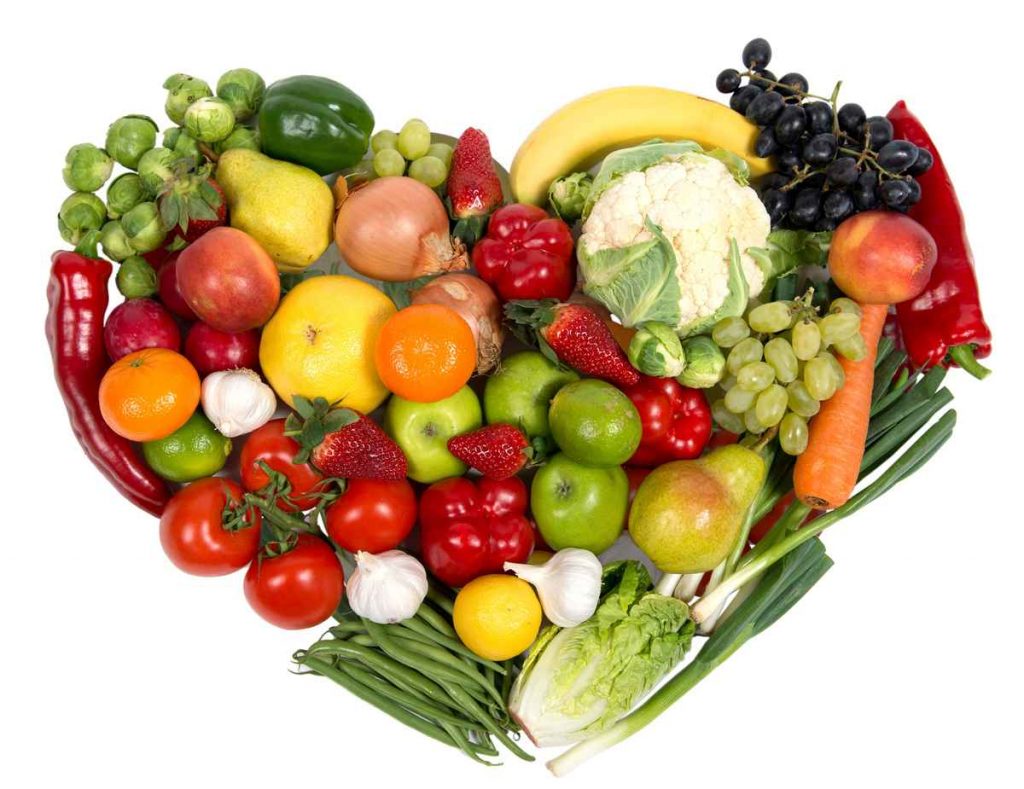
As Dr. Ho knows, to get the health we deserve our bodily systems need to be working well, which is why good nutrition is so important. We also need the ability to make the right nutritional choices – which can be a daunting task.
The best way to get the micronutrients we need is from our food, but we need to know what to eat and how much. Because if we’re not eating enough whole foods and fruits and vegetables throughout the day, we’re going to have nutritional gaps in our diets.
And as Dr. Ho pointed out to me – and something we understand at Nutrilite – even the healthiest eaters can have shortfalls in the nutrients they need, even if they think they are eating well.
The Micronutrient Information Center
Ideally, our journey to the optimal health we deserve shouldn’t be complicated. But the reality is different.
It’s one of the key reasons why the Linus Pauling Institute created the Micronutrient Information Center, a website database that provides focused and searchable nutrition advice. It’s one of the most visited sites at Oregon State University with more than 1.5 million users from almost every country on the planet.[i]

As Dr. Ho points out, it’s challenging for the average person to weave through all the noise in nutrition recommendations. There are so many “health” voices competing for our attention that it only adds to the complexity that can come with understanding nutrition.
That said, you can control your nutrition choices, being able to do so makes a difference. The Micronutrient Information Center provides an evidenced based public resource that will help you find the right nutritional information for your needs.
Why is this important? It’s because our bodies are under constant attack. We not only have to deal with stresses from our environment and lifestyle, but also issues that can come from our genetics, our gut microbiome, and our age – just to name a few.
According to Dr. Ho, micronutrients help increase our ability to combat oxidative stress and other metabolic imperfections. Dr. Ho emphasizes, “But, if you are running low in one of these micronutrients, it’s not always obvious. You can run the risk of your bodily systems declining, long before a test can recognize it. This is particularly concerning as we get older because not only does our resilience to stress decrease, but our need for quality micronutrients increases.”
That’s why maintaining a healthy lifestyle is important. For me, exercising, eating well, getting enough rest, and having a community that supports my wellbeing has helped me increase my health span and allowed me to live a vigorous, meaningful life.
It’s a reminder that good health is something everyone deserves!
Cheers!

[i] Neither Amway or this article is endorsed by, directly affiliated with, maintained, authorized, or sponsored by the Linus Pauling Institute or Oregon State University.

